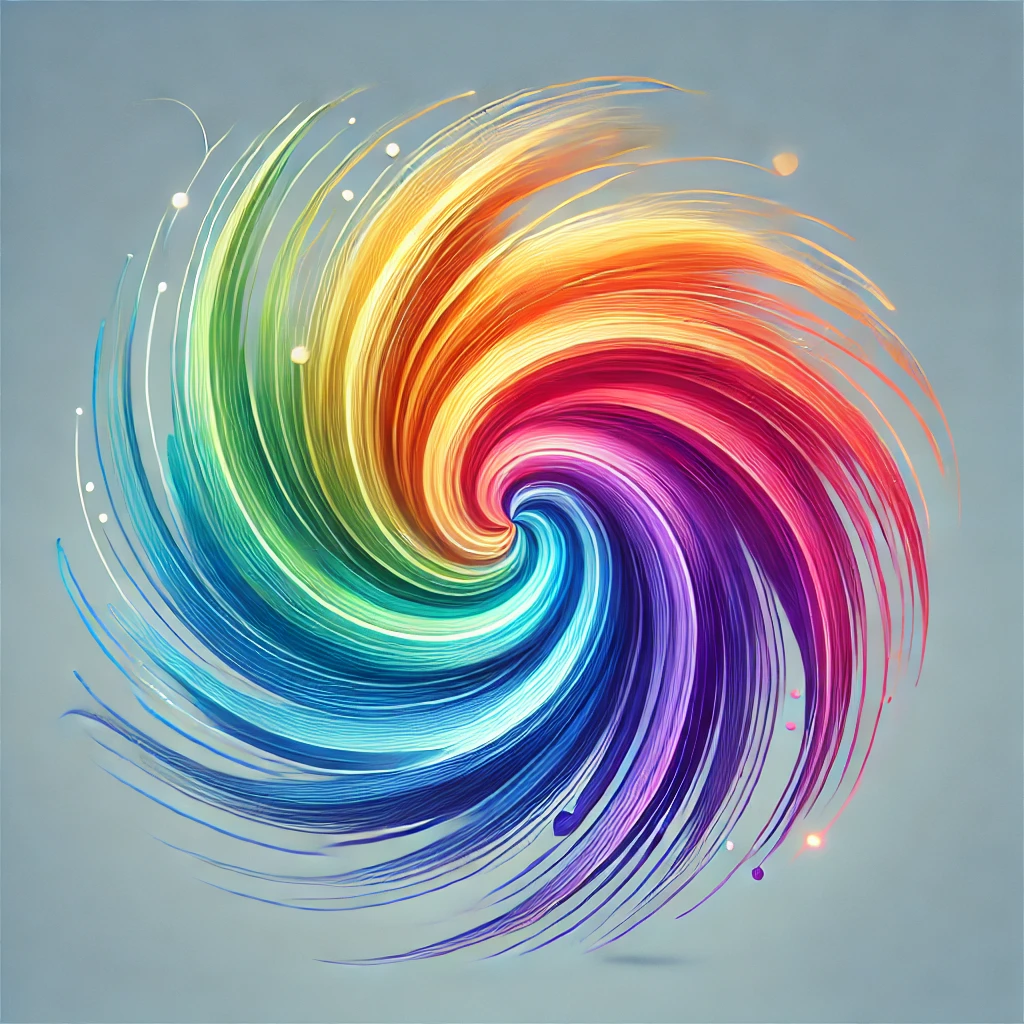
Autism is a disability. How each Autistic person relates to this fact, however, is deeply personal. Some of us embrace being Disabled as an important part of our identity. Some feel disabled by autism while others feel disabled by society, rather than autism itself. For some, the disabling aspects of autism depend on their environment, while others don’t identify as disabled at all. And that’s okay—our individual relationships with autism and disability are as diverse as we are.
But one thing remains true: autism is always a disability.
This truth matters. Without recognition as a disability, society, government, and medicine would have no obligation to accommodate us. The systems we depend on for survival—whether disability benefits, healthcare, education, or workplace accommodations—exist because autism is classified as a disability. If autism were no longer recognized this way, many of us, myself included, would be left to fend for ourselves in a world that isn’t built for us.
What Makes Autism a Disability?
Disability is often misunderstood. The medical model defines disability as a condition that significantly impacts a person’s ability to function. Autism fits this model because it involves neurological differences that affect how we communicate, process sensory information, and navigate the world.
The social model of disability shifts the focus away from the individual and onto society. From this perspective, people are disabled not by their differences but by the barriers society creates—like rigid expectations, inaccessible environments, and a lack of understanding. Autism fits this model too. When systems are designed for neurotypical people, Autistic people are inevitably excluded and disadvantaged.
Both models have elements of truth, and both explain why autism is a disability within that paradigm. This doesn’t mean autism is inherently bad or that we are broken. It simply recognizes that the world wasn’t built for minds like ours, and that creates real, often life-altering challenges.
Are You Disabled?
While autism is always a disability, how we relate to it as Autistic individuals varies widely:
Some Autists proudly identify as Disabled, finding empowerment and community in the disability rights movement.
Others feel disabled by autism itself, especially when co-occurring conditions, sensory challenges, or communication difficulties make daily life a struggle.
Many feel disabled by society, not by their autism. In a supportive environment with accommodations, they might not feel disabled at all.
Some don’t identify as disabled or may even become offended if someone suggests they are disabled.
These perspectives are all valid. Your relationship with autism and disability is yours to define. What matters is that we respect one another’s experiences and autonomy while recognizing the shared reality that autism is a disability.
Why Denying Autism as a Disability Is Dangerous
Here’s the problem: if we deny that autism is a disability, we risk losing the very systems that keep us alive.
Disability recognition isn’t just a label—it’s a lifeline. It’s what ensures access to healthcare, education, employment accommodations, and legal protections. If society decided autism wasn’t a disability, it could justify cutting off resources. Autistic people could be told to “buck up,” “fit in,” or “fly right”—and those of us who can’t would be left behind.
This is a matter of survival for many of us. Personally, I wouldn’t be here if autism weren’t recognized as a disability. And I know I’m not alone.
Autism as Disability and Diversity
Some worry that calling autism a disability erases the idea of neurodiversity. But that’s a false dichotomy. Neurodiversity and disability can coexist.
The neurodiversity movement challenges the idea that there’s only one “right” way to think, learn, and experience the world. It celebrates neurological differences, including autism, as natural variations of human diversity.
But recognizing autism as part of human diversity doesn’t mean it’s not a disability. It means that disability isn’t a bad thing. It’s simply a reality, and one that society needs to accommodate. By accepting autism as both a disability and a natural expression of human diversity, we can advocate for a world that values us as we are while also meeting our needs.
The Power of Solidarity
Whether you proudly identify as Disabled, feel disabled only in certain contexts, or don’t see yourself as disabled at all, autism’s recognition as a disability protects all of us. It ensures we aren’t left to fight for scraps in a system designed for neurotypical people.
Disability isn’t something to be ashamed of. It’s a call for society to do better—for workplaces to be accessible, for schools to support all learners, and for governments to recognize and meet the needs of all its citizens.
Autism is a disability. But how you relate to it? That’s entirely up to you.

Recent Comments